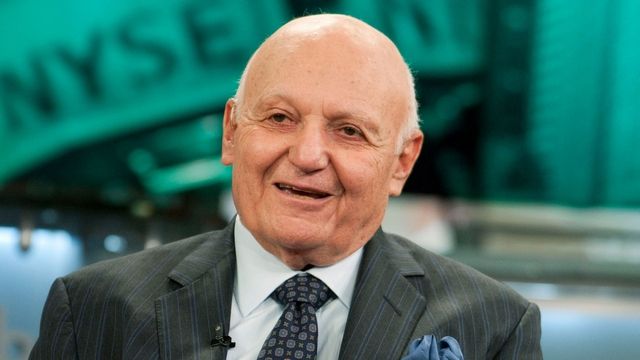 Goldman Sachs, the brokerdealer world’s most iconic investment bank is developing its own instant messaging service that could be used as an alternative to Instant Bloomberg, the chat tool contained in Bloomberg terminals. The project, nicknamed “Babble,” appears the brainchild of Goldman Sachs but won’t be exclusive to just one bank, according to CNBC. Rivals including J.P. Morgan are also said to be involved.
Goldman Sachs, the brokerdealer world’s most iconic investment bank is developing its own instant messaging service that could be used as an alternative to Instant Bloomberg, the chat tool contained in Bloomberg terminals. The project, nicknamed “Babble,” appears the brainchild of Goldman Sachs but won’t be exclusive to just one bank, according to CNBC. Rivals including J.P. Morgan are also said to be involved.
Banks have plenty of reason to run their own instant messaging services. First, there is the relationship with Bloomberg, which was forced to apologize after granting reporters access to client information stored in Bloomberg terminals. But CNBC says that the main reason for the move isn’t a lack of trust between the two firms or any particular security concerns. Rather, it’s a money and an integration issue. Bloomberg terminal leases cost upwards of $20,000. Plus, Babble is being designed so that it can be integrated with other tools that banks and clients can share, according to the report.
“It will be interesting to see how much a fully-functioning chat alternative would affect Bloomberg. As of last year, Bloomberg’s flagship terminal business accounted for 85% of the company’s revenue, though the firm is actively trying to diversify its business. Still, chat functionality isn’t the only use for the terminals, obviously. Wall Street has been trying to wean themselves off Bloomberg terminals for a while now. Would a chat replacement really be a deathblow? Unlikely. But who knows – maybe it will give banks a bit more leverage in negotiations.”
